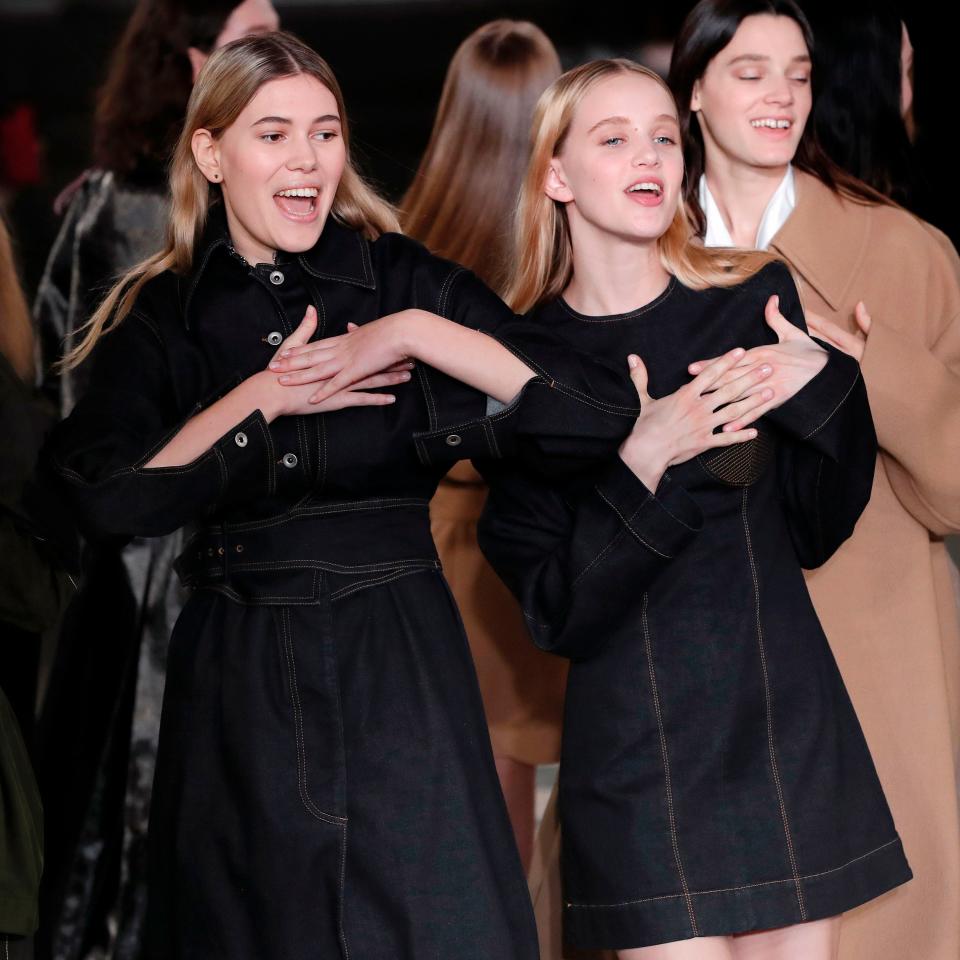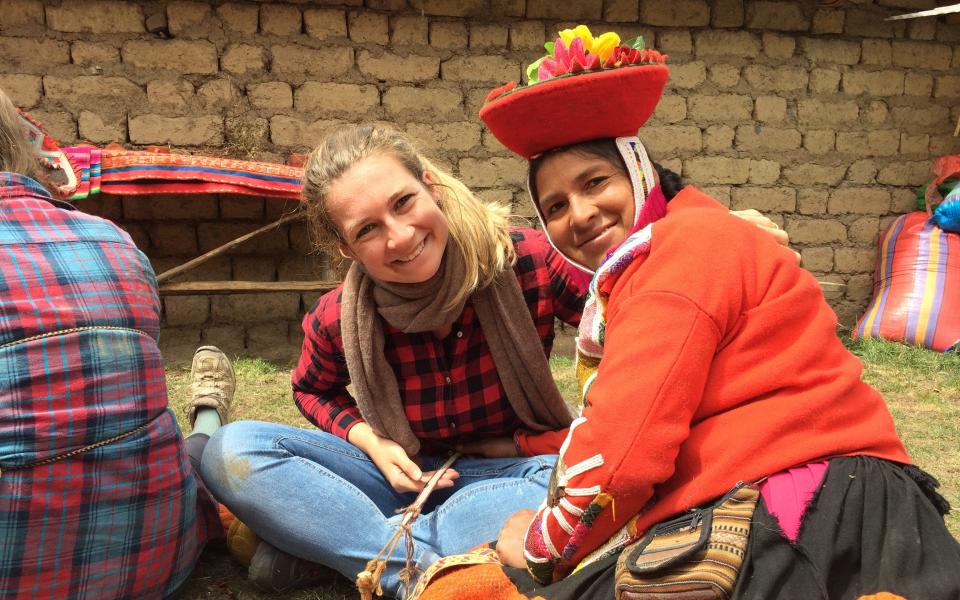Don't underestimate the power of fashion's new-found political consciousness
In a fashion month where a new-found political consciousness has shown up on the catwalks - see ‘Pussy Knit Hats’ at Missoni, diverse casting across the ages at Dries Van Noten, Dolce & Gabbana and Simone Rocha - it’s also worth acknowledging on today’s International Women’s Day, the work that some fashion houses are doing behind the scenes.
Since 2009, Kering, the retail company that owns luxury fashion brands including Gucci, Saint Laurent, Alexander McQueen and Stella McCartney has been combating violence against women through its Kering Foundation. The foundation focuses on funding global projects, partnering with NGOs and charities and educating the public and its own employees on problems of sexual and domestic violence and harmful practices such as Female Genital Mutilation.
“Violence against women is a silent phenomenon,” says Celine Bonnaire, the executive director of the foundation. “Our mission is to stop this violence and improve women’s lives. This year the motto for International Women’s Day is ‘be bold for change’ and the foundation was founded really by a bold commitment from our Chairman and CEO Francios-Henri Pinault when he realised that one woman in three is a victim of violence in her lifetime. It was such a great taboo. Now it’s something that’s much more addressed but in 2008 there was still a very strong code of silence on this subject.”
Taboos haven’t been entirely broken though and, as Bonnaire points out, these issues affect women of all social classes, age and religion. “Moreover, sixty per cent of our employees are women, 80 per cent of our customers are women,” she says, “so it really behoves us to empower women.”
With an annual budget of €1 million, the foundation focuses on western Europe, China and America. Kering provides awareness education about these issues for employees and also encourages them to take up skills-based work directly out on the field - for example, a Kering marketing strategist may go out to China and help a social enterprise with its branding. It also partners with NGOs such as the Rosa Fund in the UK - the country with the highest prevalence of FGM in Europe - and Gynecologie Sans Frontier in France, which provides healthcare to women in the five refugee camps in northern France. The foundation also supports social enterprises, such as the Star Fish Project in China, a jewellery business that provides employment and a range of holistic care services for victims of violence.
Many women have felt in the last twelve months that women’s causes have stepped back a decade or more. Earlier this week the top official of UN Women, Phumzile Mlambo-Ngucka, declared violence the biggest challenge facing women around the world, repeating that one in three women who will suffer from physical or sexual violence in their lifetime and the fact that 50 per cent of female murder victims are killed by partners or family members. She described the advances on women’s rights as “spotty and unequal.”
Bonnaire points out how the Russian government only last month passed a law to say that if domestic violence happens only once a year and with no physical injury it is not an issue. “In the US there has been the beginning of a conversation on NGOs that support abortion,” she adds. “And Poland has also tightened the rules on abortions.”
But these rulings have in turn given rise to mass protests, such as the global Women’s March in January, which in London alone attracted around 100,000 protesters. Bonnaire finds this encouraging. “I think it was a great movement everywhere and a lot of men who marched as well. And since there have been more marches in London and Paris and they will keep on fighting,” she pauses. “You know how women are.”
International Womens Day: The best fashion and beauty buys that will make a difference 12 things women




